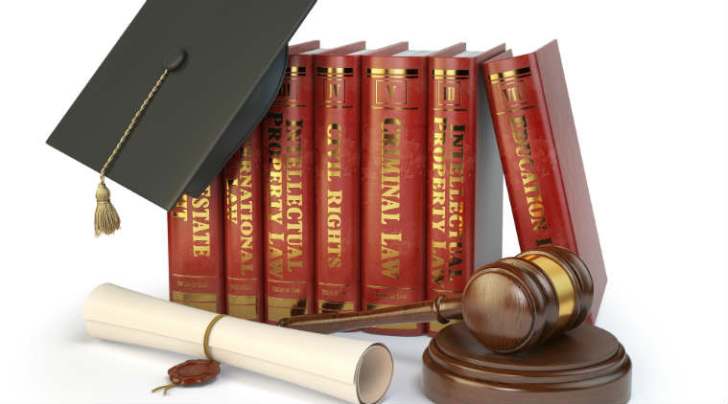
Last Sunday, thousands of law aspirants appeared for the Delhi University LLB entrance exam. Interestingly, a week before the exam, the entire pattern for the examination was altered. This brings to attention the need for setting up proper guidelines and instructions for conducting law entrance examinations with clear guidelines to even regulate the cases of erroneous questions and grace marks.
This year, as a part of the entrance exam, certain questions were irrelevant to law, like question number 37 when asked, ‘What was the most common password in 2016 throughout the world?’
Apart from this, there were a number of questions that only a law student could have answered, not an aspirant. For instance question number 92 which required students to apply complex legal concepts such as ‘free consent’, ‘consideration’, ‘specific performance’, etc, that requires a detailed and in-depth understanding of the provisions of law, interpretation of statutory provisions, and even law of torts, to name a few.
This indicates the importance of a makeover for the process of conducting LL.B. entrance exams in India. Most importantly there is a need for a single entrance examination on a pan-India basis much like the engineering and medical entrance formats.
Also, there the entrance exam should be conducted by an independent body dedicated to entrance tests for higher education, that is, the Educational Testing Service (ETS) in the United States, as proposed in the Programme of Action in 1992 under the National Policy on Education, 1986, and more recently by the Finance Minister, Arun Jaitely in his 2017-2018 Budget speech.
In order to make a larger number of candidates appear for the entrance in India, it is a good idea to limit the mode of examination to just one-preferably the online mode.
To make the exam homogenous, there should be a uniform pattern for the exam which should be specified beforehand. Apart from this, the subjects on focus should be English, logical reasoning, analytical ability, general knowledge and current affairs, much like the LSATs.
Currently the entrance exam evaluates candidates on legal aptitude including the social sciences, Indian constitution and political system and elementary mathematics, which might be unnecessary at this stage. These subjects tend to put students from different streams at a considerable disadvantage, like arts students for the Mathematics, and most others for the legal aptitude.
[Source”indianexpress”]










